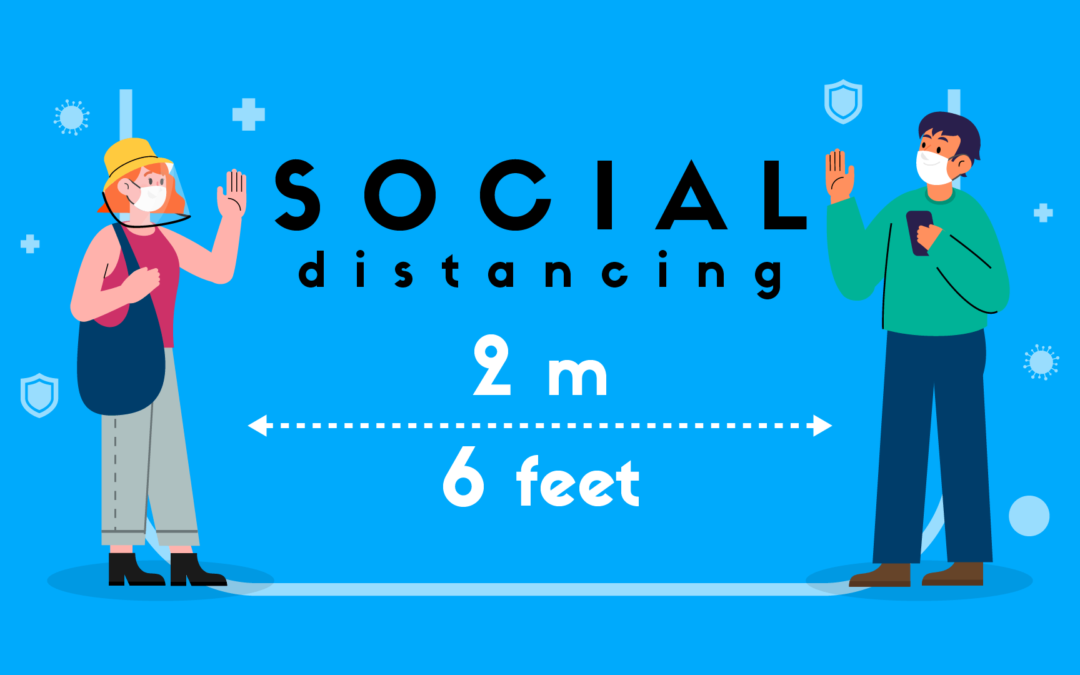In these times of uncertainty and concern, many will be emotionally impacted. Some employees have been furloughed at work and some personnel struggle to maintain work demands. Parents have the added stress of supporting children with schooling from home and are required to work from home themselves. Connecting with others is often a preferred method of reducing the stress in our lives. But with social distancing recommendations in place, this option is not viable. Below is an overview of strategies for managing or avoiding stress and social isolation during the outbreak.
Avoiding Social Isolation
With stress and loneliness on the rise, we have an increased need for support networks. Staying in contact can still be achieved while social distancing. While traditional phone calls are helpful in connecting with loved ones, and perhaps old friends, there is something uniquely warm about seeing the other person’s face. Technology has produced a myriad of platforms with which this can be achieved. From Skype, FaceTime, and Zoom to WhatsApp and Facebook, there are too many video chat apps to list.
Despite best efforts, many will still feel isolated during the outbreak. There are strategies you can employ to minimize this isolation effect.
1. Limit “Down Time”
While it may be tempting to spend the next month in front of the television, excessive idleness can negatively impact physical and mental health. Psychologists have shown that keeping the mind and body engaged is an effective way to reduce negative emotions such as depression, anxiety, and loneliness.
2. Be creative (even if you don’t think you are)
Research has shown that creativity is one of the best personal mood boosters. Feel free to expand beyond common notions of art like paint and music. The sky’s the limit. Alternatives may include cooking, re-organizing, or gardening. Everyone can create something useful and beautiful. Discover yours.
3. Exercise
Self-care through exercise can be achieved without gym memberships or excess perspiration. Something as casual as going for a short walk can release endorphins (happy chemicals) and free us from a “cooped up” mindset. Regular cardiovascular exercise is proven to improve sleep, mood, and energy levels, which is good for the body and mind.
Of course, there is no cure-all for staying healthy and sane during times of social distancing. This list provides strategies which are certainly not all-inclusive, but hopefully will spark some ideas that can be used to avoid or manage isolation. By finding and incorporating ways to connect with others and by engaging minds and moving bodies, we can improve practices to avoid and manage social isolation.
Seasons in Our Life offers caring, comprehensive, and integrative approaches to the whole being wellness and the treatment of a broad range of conditions. And to support the social distancing guidelines recommended by the CDC, Dr. Durana is offering video conferencing sessions to individuals who need support during this time. Contact Seasons in Our Life to schedule an appointment or for more information.

